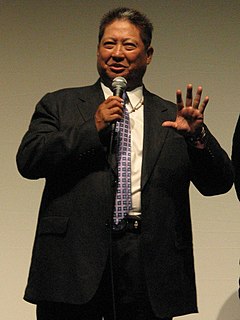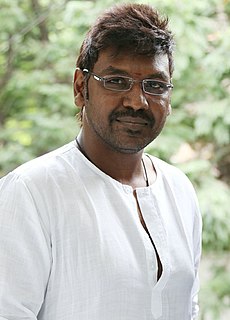A Quote by Jennifer Yuh Nelson
We did two films [Kung Fu Panda], because the first two films were so embraced by the Chinese audiences we wanted to make something we could push further and since this is a co-production, it seemed like the perfect time to create something that felt native to Chinese audiences.
Related Quotes
We actually tried to put in [Kung Fu Panda 3] all the things we wanted to put into the first two films. We're all the same people who've been working on the other films and we all had things we couldn't do, and had to leave on the table. We just couldn't achieve them before. This time we have multiple new environments and different styles of animation.
One of my favorite things about the Kung Fu Panda 3 is the look of it. We never go for realism. I think a lot of time when people go for 3D that's the mistake. Because we're never going for full realism - for computer generated live action films like Avatar the goal is realism, to make the audience feel like they are seeing something that is real. Lord of the Rings had character design and environments to make it look real, whereas we aren't going for that, we are going for something that is theatrically, viscerally, and emotionally real.
You have hundreds of artists you're dealing with across the world and the scale of this movie [Kung Fu Panda] was insane - we had a parallel pipeline going on where you had two versions recording Mandarin voice actors, getting it to be funny for Mandarin audiences going beyond a straight translation, and then animating it and lighting it, it's a lot of work.
There are photographers who push for war because they make stories. They search for a Chinese who has a more Chinese are than the others and they end up finding one. They have him take a typically Chinese pose and surround him with chinoiseries. What have they captured on their film? A Chinese? Definitely not: the idea of the Chinese.
One thing we haven't mentioned is something everyone should understand very clearly. Look at the budget that was invested in 'Avatar': who in China has that kind of money to spend on making a movie? So we as Chinese filmmakers should work together to make Chinese movies that can compete as best we can for Chinese audiences, not make lousy movies, but make the best we can for that audience. Concentrate the money, the talent we have on making good movies [for China].































